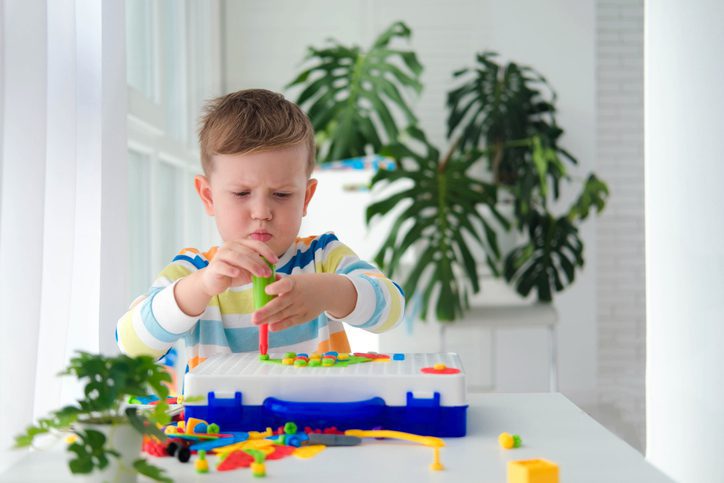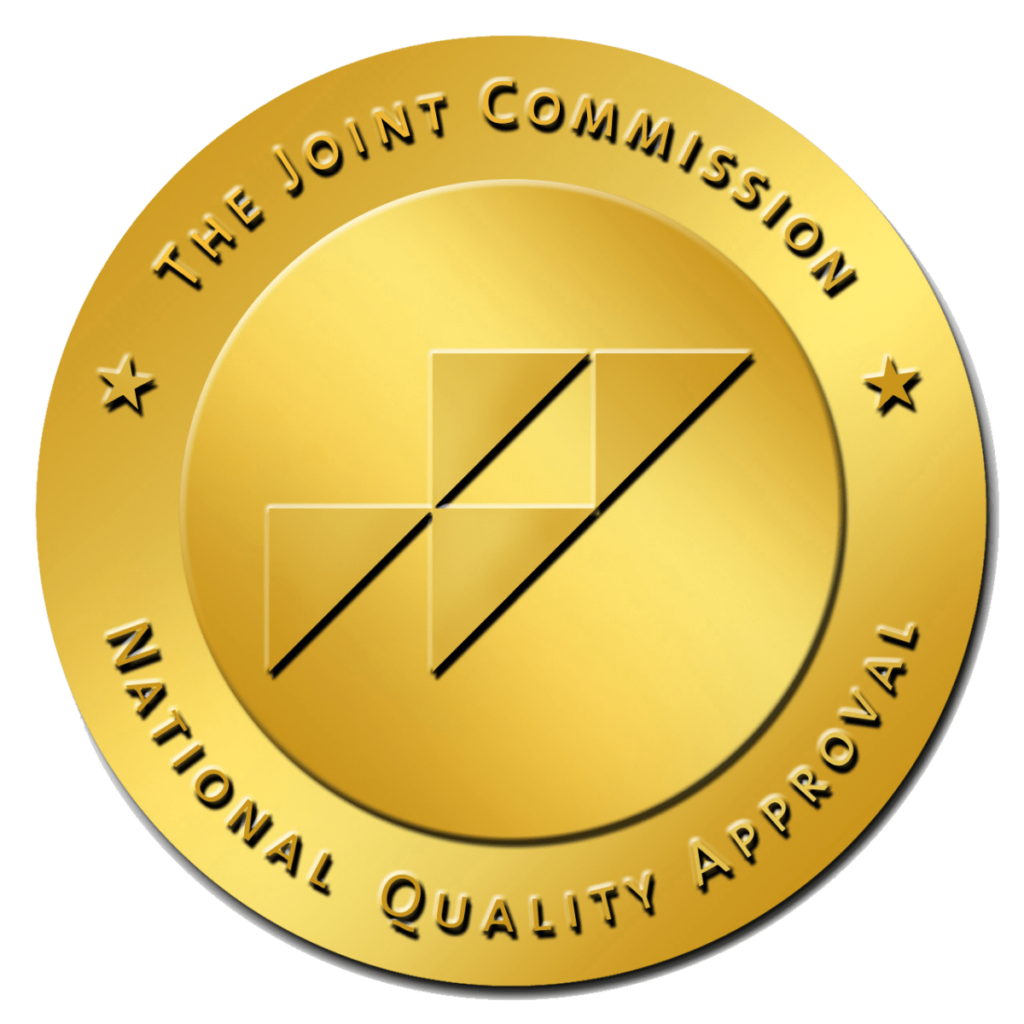It is a common misconception that children do not experience mental illness. In reality, late childhood and early adolescence are when many people first begin to experience mental health symptoms. Anxiety disorders are one of the most common mental health conditions among children. Up to 20 percent of young people struggle with clinical-level anxiety before they even reach adolescence. At Highland Hospital in Charleston, West Virginia, we regularly treat children and teenagers who are struggling with anxiety.
Signs of Anxiety in Children
Early intervention facilitates the smoothest and fullest recovery. Caregivers need to know the indicators of anxiety so that they can offer the best and earliest support possible:
- Nightmares
- Expressing worry through words or facial expressions
- Rapid heart rate and clamminess
- Tearfulness
- Avoidant or aggressive behavior
- School problems including absenteeism, academic performance and difficulty making friends
- Complaints about physical health issues, which might include headaches and stomach pain
How Parents Can Help
If you are seeing these symptoms in your child, take the following steps:
- Validate their feelings – If your child shares that they are worried about something, express understanding and that it is normal to feel this way sometimes. Help them to recognize that anxiety is something all people feel when they think they might be in danger. Talk through the situation, and assess whether there is any sort of safety risk or if the fear is stemming from other worries.
- Help your child prepare – Give them plenty of notice about things that will be happening and allow them to ask questions, especially if they are having a new experience. Also, update them when there are changes expected.
- Walk them through it – If the child is concerned about something, act out step by step what is likely to occur. For example, if they are concerned about an upcoming medical visit, you can explain each step in the process, from when you leave your home until you return. Acting it out like a role-play may make it easier for your child to manage their expectations and anxiety.
- Tell them why – It can be helpful for a child to know the reasoning behind the thing they need to do. Just like adults, it is sometimes easier for children to do something they are anxious about if they understand what benefit will come from it.
- Let them bring a comfort item – Offer that your child can bring a favorite toy, book, or blanket for emotional support.
- Consider professional intervention – If your child frequently experiences anxiety at a level that interferes with their day-to-day activities, it might be time to involve their pediatrician or mental health professionals in the conversation. Therapy or medication may be necessary to help them manage their symptoms.
Coping Skills for Children
It can be very helpful for children and teenagers to learn techniques to manage anxiety, especially if they experience it often. A wide range of coping skills can be used. Parents can learn these strategies and practice them with their children:
- Put it on paper – your child can write about or draw the thing that has them worried.
- Deep breathing – there are a variety of different ways this can be done, so it may be helpful to try out several to see which works best for your child.
- Make a list – Use your child’s interests and knowledge as a tool to calm them. Whatever they love, whether it is dinosaurs, dogs, travel or sports, ask them to name as many things related to that interest as they can. This will help them to shift their mental focus from whatever is scaring them to something that makes them happy.
- Simple math – Ask your child to solve simple addition or subtraction problems to refocus their brain off of the worry.
- Visualization – Help your child to picture their happy place. Where is it? Who is there? What are they doing? What does it smell like?
- Use their senses – Ask your child to list five things they can see, four they can touch, three they can hear, two they can smell, and one they can taste. If any of these senses are unavailable at the moment, ask them to think about a pleasant sensation they had before, such as the taste of their favorite food or a smell they enjoy.
At Highland Hospital, we treat anxiety in patients of all ages. We are happy to answer any questions you might have about mental health concerns you or your children might be facing.










